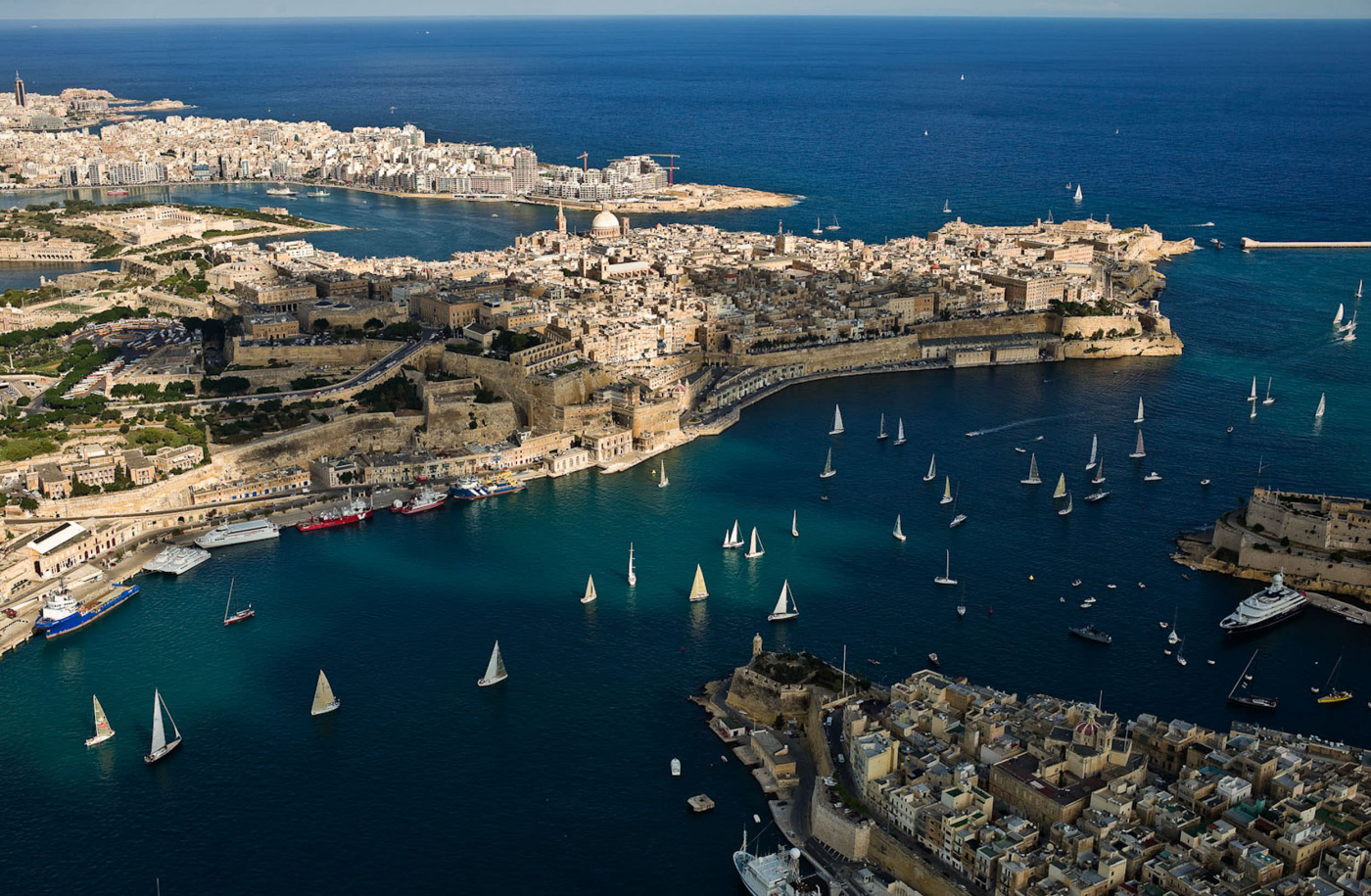The photos in the guidebooks of the smallest state of the European Union are fascinating, but do not reflect the realities that tourists face when visiting the mysterious island country. The filmmakers were not mistaken when shooting here "Gladiator", "Midnight Express" and "The Count of Monte Cristo".
Although Malta is home to unique natural attractions and historical monuments, the island state in the Mediterranean Sea may not appeal to every traveler. Malta, whose name translates as "refuge" or "harbor", is a rocky island 27 km long and 14 km wide with the highest population density per square kilometer in Europe.
An advantage? Everything is close there. Bolt, Uber or Ecabs taxi services will take you across the country from north to south for about twenty euros. Taxis should be preferred, rather than public buses, which do not stop at all stops by default. If you want to leave, be sure to look out for your bus number, and immediately raise your hand when it appears, otherwise it will pass by. There are a lot of stops, but they are all on demand only. While in the cabin of public transport, you need to carefully monitor the route - as soon as the name of the stop you need appears on the scoreboard, you must immediately press the button to stop on any of the handrails. This is a signal to the driver to stop at the next one.
For those who like to rent vehicles, certain inconveniences are associated with left-hand traffic, which is a legacy of British colonization. Its influence has also affected the gastronomic culture. Portions of food in Malta are generous and are a product of British cuisine, which has a reputation for not being too refined.
The real Maltese cuisine is difficult to find: the indigenous inhabitants of the island have long rolled up their aprons. There are a lot of places offering hamburgers, pizza and pasta here and there. Cooking and servicing are mainly done by Indians, Pakistanis or Nepalis, who receive minimum wages at best and are often untrained in service standards, which makes the customer uncomfortable.
Today's Malta is comparable to the Tower of Babel being built. If in 2012 there were about 11,000 foreigners on the island state, today their number has already reached 150,000. At the same time, the indigenous population has only 542,000 inhabitants.
Malta is called a multicultural paradise for low-cost tourism. In 2023 more than three million travelers visited the island of the Knights of Malta, compared to one million in 2004.
Those who got to know Malta twenty years ago will no longer recognize this distinctive country trapped in multiculturalism. Tens of thousands of young Europeans come here to learn English, which is closer to Yasser Arafat's English than to Oxford.
And what about the Maltese? They are friendly, but the opportunity to meet him is quite illusory, since from the capital of Valletta to Mdina, the city of Maltese aristocrats, the entire service sector has been outsourced to migrants. Malta has lost its identity.
Despite the influx of tourists, the atmosphere here is calm. Stress-free. Customer deception is an exceptionally rare phenomenon. Malta is a very beautiful island, but today its attractiveness is more associated with the possibility of obtaining a "golden" passport and tax benefits than with ancient monuments and picturesque beaches.


